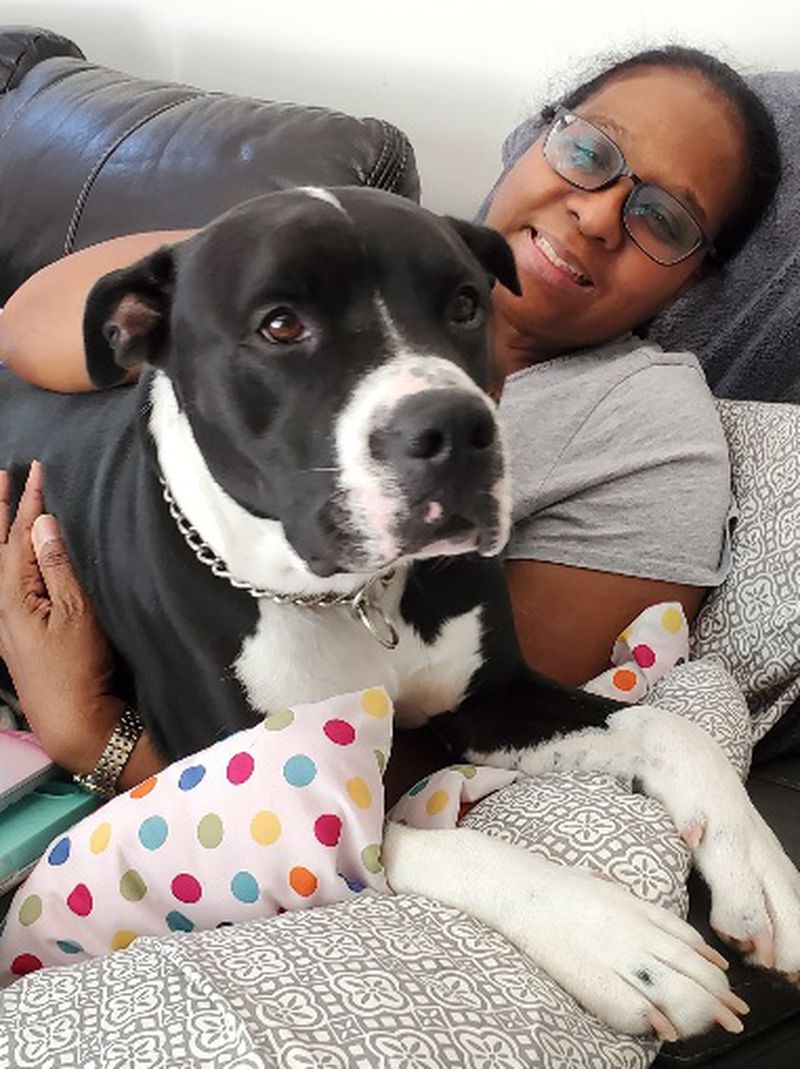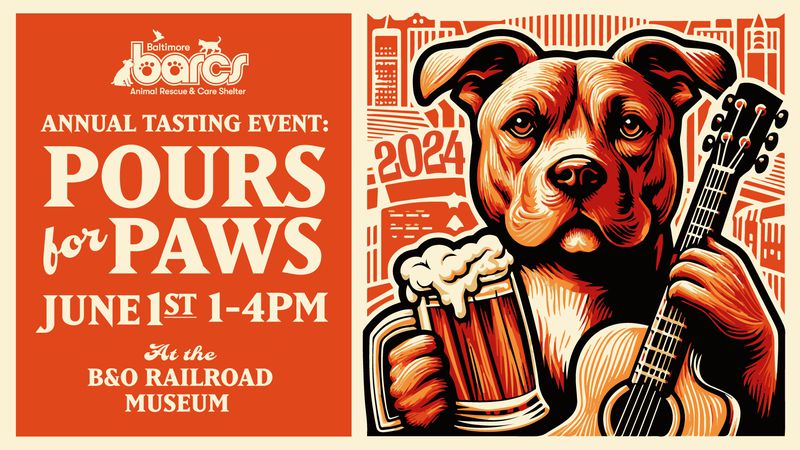
Foster Spotlight: Kuor Kumoji
Kuor Kumoji never thought she and her family could have a dog. She is a public health official, and almost every month, she travels out of the country for a week at a time. But after finding out about the foster program at BARCS, she discovered how wrong she was.
Last Christmas, at the height of COVID, Kuor and her family welcomed their first foster dog into their home.
“While we have all been so focused on the toll COVID has taken on people, we need to remember it has had an effect on animals as well. Vet visits and dog food can get expensive, and through no fault of their own, dogs have found themselves in shelters, scared and confused.”
This realization led her to sign up to be a foster. Her only regret, she says, is that she didn’t do it sooner.
“We wanted to do something that gave us hope,” Kuor says. “COVID has been so depressing. I have lost friends and coworkers, and fostering these dogs has been an even better experience than I could have imagined.”
“It’s really not a chore,” she adds. “BARCS makes sure the dogs they place with us are a good fit. And while you are helping the animals, the benefits to our family have been exceptional. I wouldn’t hesitate to say the animals are actually therapeutic.”
Their current foster dog is around a year old. “The moment we met him,” Kuor says, “he was so happy and excited. Every morning when we come downstairs, there he is wagging his tail. What a welcome! He brings sunshine to a gloomy day.”
Kuor takes him to playgroup at BARCS once a week so he can get some of his puppy energy out. “I assure you, he sleeps well that night,” she says with a laugh.
And while he is often exuberant, when Kuor comes home exhausted after a hard day, “he puts his head in my lap and lets me know how much he loves me. It’s like he knows just what I need.”
While the dogs her family has fostered have not had any serious behavior problems, they need training, just like any dog. If she has any questions, she knows she can reach out to BARCS for help.
Kuor’s 11-year-old twins also love having a dog in the house. “They are learning responsibility,” Kuor says, “and they have also learned that everyone, including dogs, need a second chance.”
Kuor also gets to interact with potential adopters, and several have sent along photos of these dogs, often with new names, in their new homes.
When she gets these photos, Kuor is always so happy. “Wow, I was so honored to be part of that path for that dog,” she says.
One especially meaningful exchange she had was with a woman whose dog had just passed away. She helped this woman realize that she needed a bit more time to grieve before adopting another dog. She received a letter from the woman who told her that rather than adopt, she was going to foster.
Kuor would encourage anyone who loves animals to become a foster. “People don’t realize what a wonderful experience it is,” she says. “Even if they are scared they will still give you a chance. And lots of love.”


